26 People Who Have Their Own Understanding of Fashion

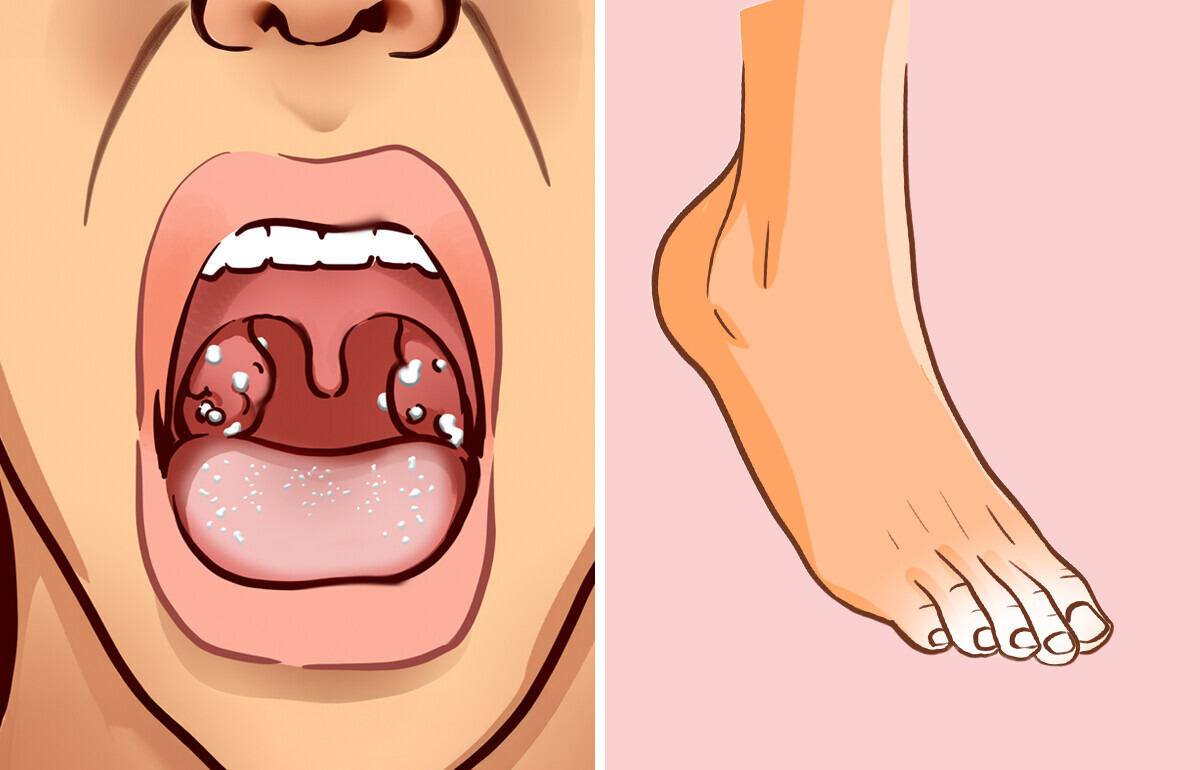
Mental and physical health go hand in hand. When one is off, the other often follows. It’s usually easier to notice physical changes, but mental health can be harder to spot. That’s why it’s important to pay attention to the signals your body sends because they might be a sign that something deeper is going on.
Disclaimer: This content is intended for informational purposes only and should not be considered a substitute for professional medical advice. Always consult your doctor regarding your health and medical concerns.

Mental health struggles can set off a cycle where chronic stress, poor sleep, emotional eating, and inactivity all work together to store more fat, especially around the belly. Chronic stress releases cortisol, a hormone that encourages fat storage in the abdomen. It also increases cravings for unhealthy, high-calorie foods and slows down metabolism, making it harder to burn fat.
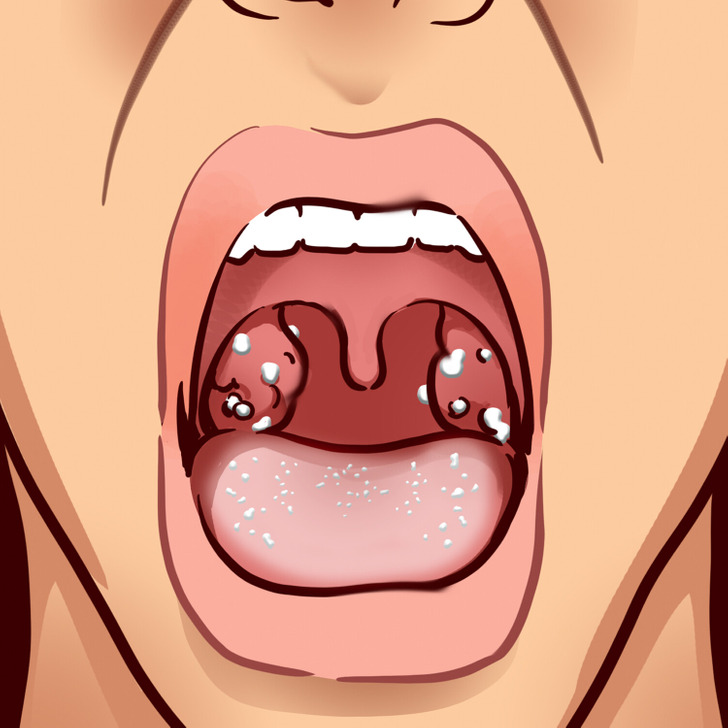
Positive thoughts can boost the immune system, while negative ones can have the opposite effect. Chronic stress and trauma can change gene expression, impacting how cells work. This may raise the risk of autoimmune diseases, metabolic issues, and even accelerate aging.
The tonsils play an important role in your immune defense. When your immune system is weakened, it may have difficulty fighting off infections or bacteria, allowing harmful organisms like Candida to thrive. It can also lead to a buildup of debris, which may result in the formation of tonsil stones.
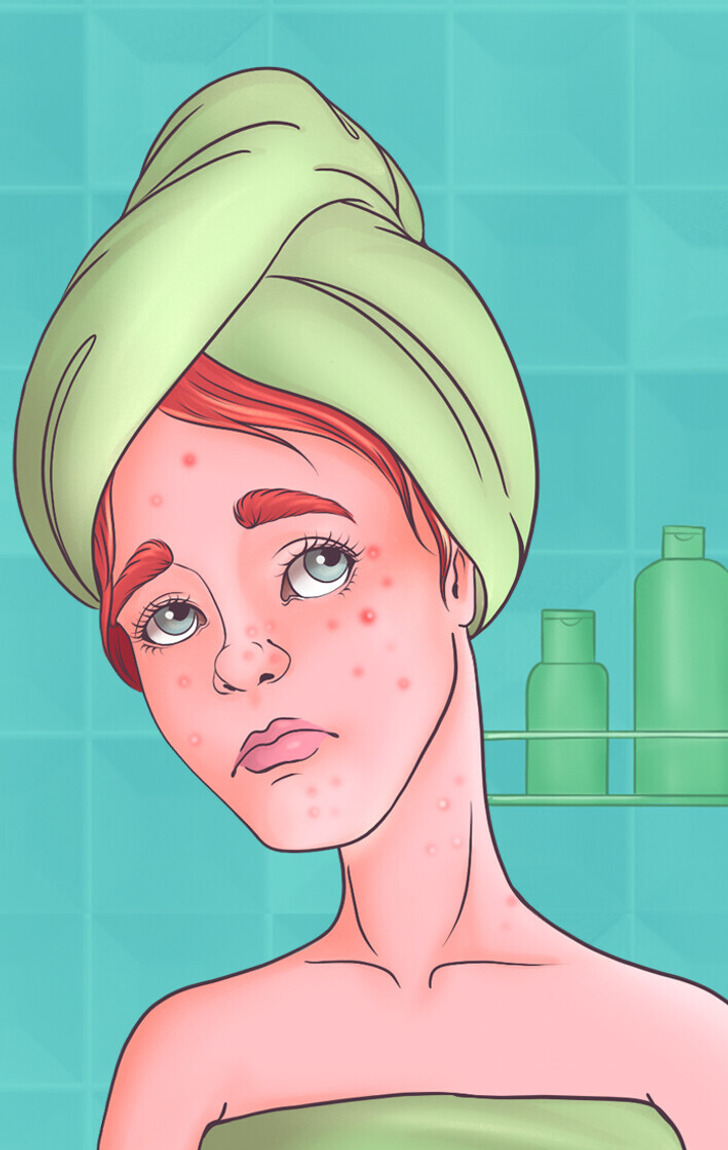
Stress and anxiety can make skin problems like acne, eczema, and psoriasis worse by causing more inflammation in the body. When you’re stressed, your body produces hormones like cortisol, which can trigger flare-ups and irritate your skin. This can weaken your skin’s natural barrier, making it more prone to dryness and breakouts. Over time, this cycle can make it harder to keep your skin healthy.
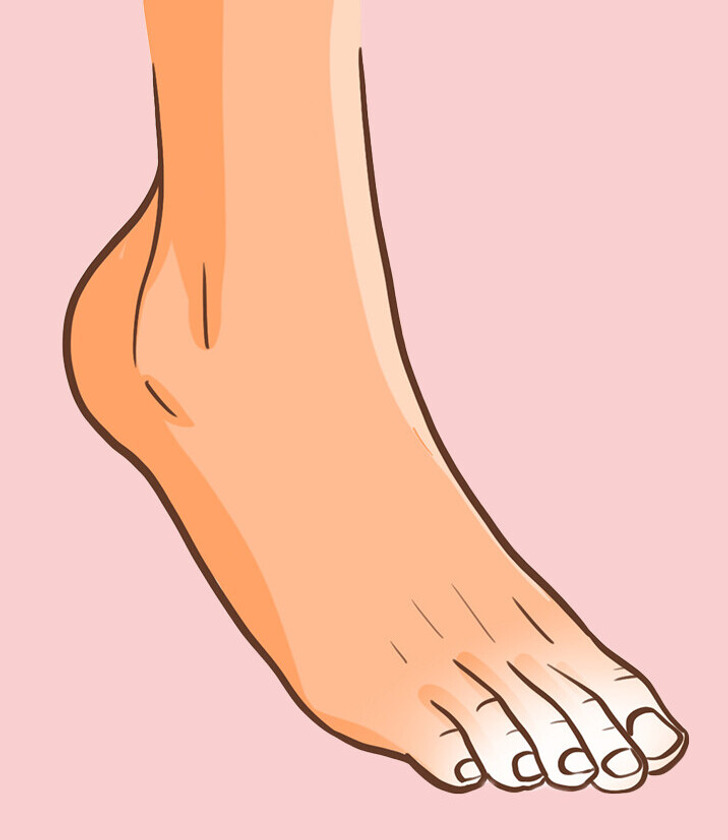
Psychological stress can affect how your body controls temperature. When you’re anxious or under a lot of emotional pressure, your nervous system stays on high alert. This can confuse the part of your brain that regulates body temperature, causing things like sweating, feeling cold for no reason, or sudden warmth that feels like a hot flash.
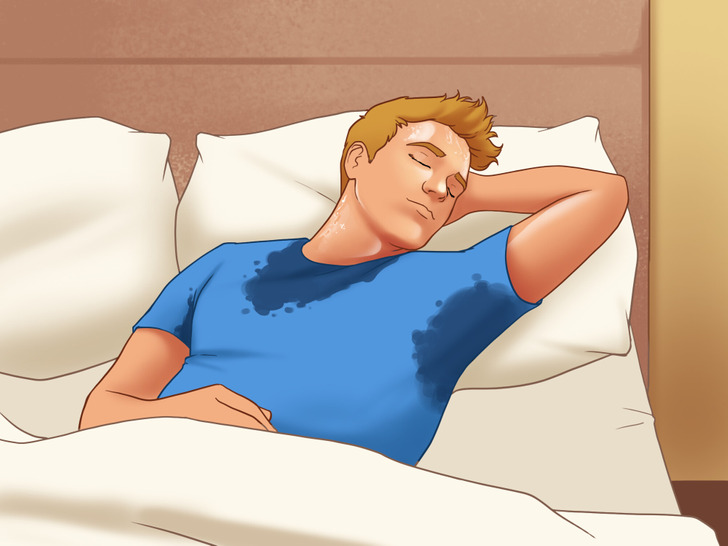
These reactions aren’t always tied to physical activity or hormones. Instead, they’re your body’s way of responding to stress. You might notice chills during anxious moments or wake up sweaty even if the room is cool.
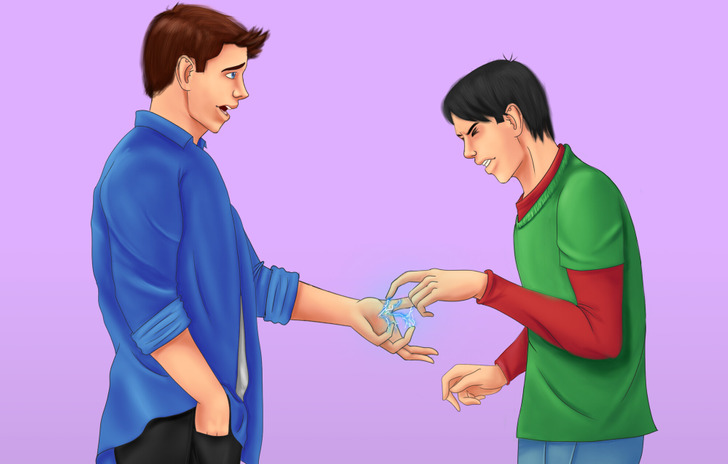
Stress can affect the nervous system, sometimes causing sudden, sharp feelings or “zaps” in areas like your arms, legs, or chest. These sensations happen when your body’s stress response gets triggered, affecting nerve activity. Though they’re usually harmless, they can be startling and uncomfortable, especially if you’re not used to them.
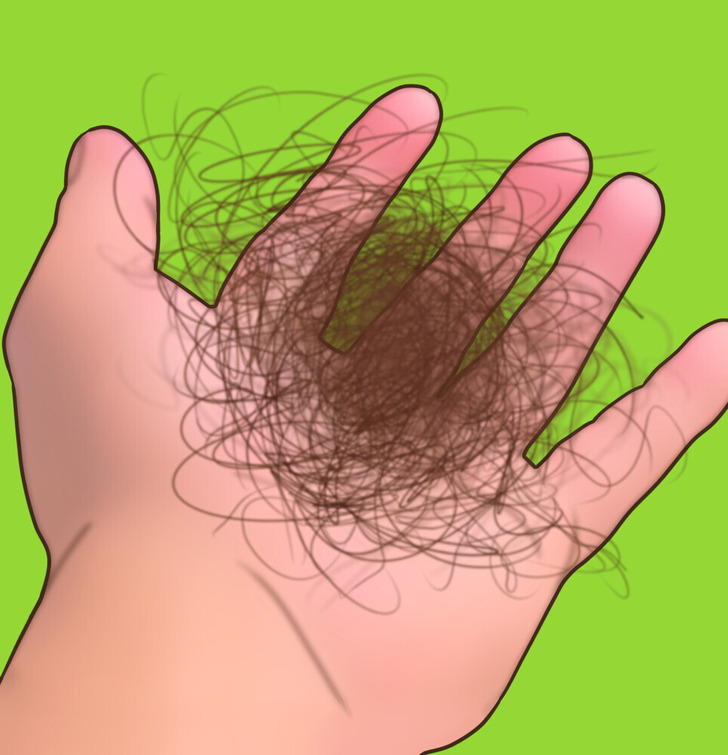
It can have a noticeable impact on your hair too, making it dry, brittle, or more likely to fall out. Stress affects the hair growth cycle, sometimes causing temporary hair loss or thinning patches. For some, this can lead to a decrease in hair density, especially if the stress continues over time. Managing stress and taking care of your hair can help reduce these effects and promote healthier hair growth.

Anxiety can lead to a sensation of tightness in the throat, known as globus sensation, where it feels like there’s a lump even though there’s nothing physically there. This feeling can make swallowing uncomfortable, and you might notice it even when you’re not eating or drinking. The tension in the throat can add to the stress, creating a cycle that can be hard to break.
Your body knows when something’s off. By noticing these 9 early signs, you might catch diabetes before it quietly takes hold.











